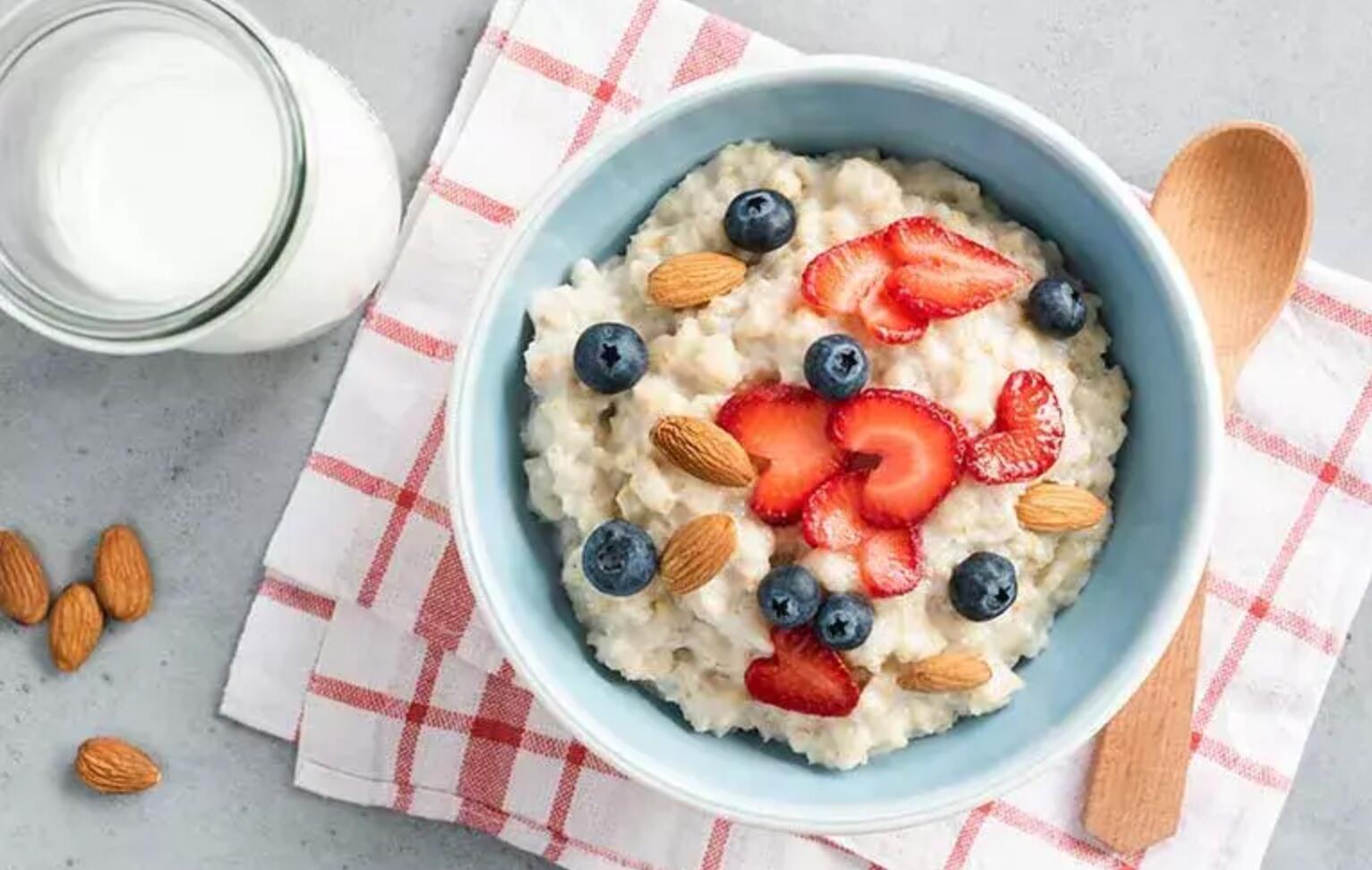When it comes to fat loss, one of the most popular and debated topics is carbohydrate intake. While many diets promise rapid weight loss by cutting carbs, the reality is that the optimal carb intake for fat loss depends on various factors, including your age, sex, activity level, and overall health. In this article, we will explore how many carbs you should eat per day for effective fat loss, backed by scientific evidence and real-life case studies.
Understanding Carbs and Their Role in the Body
Before diving into specific carb recommendations, it’s essential to understand what carbohydrates are and how they impact your body. Carbohydrates are one of the three macronutrients (along with proteins and fats) that provide energy to the body. There are three types of carbohydrates:
- Simple Carbs: Found in foods like sugary snacks, drinks, and processed foods.
- Complex Carbs: Found in whole grains, legumes, and vegetables, they are slower to digest and provide a more sustained energy release.
- Fiber: A type of carbohydrate that the body cannot digest, which helps with digestion, regulates blood sugar, and contributes to satiety.
Carbs, especially complex carbs and fiber, are essential for overall health. However, when it comes to fat loss, it’s often necessary to adjust the amount of carbs in your diet to ensure you are in a calorie deficit while still fueling your body for energy and muscle preservation.
The Role of Carbohydrates in Fat Loss
Carbohydrates have often been vilified in fat loss discussions, but they are not inherently “bad.” The key to successful fat loss lies in understanding how carbs affect insulin levels, hunger, and overall calorie intake.
- Insulin Regulation: Carbs influence insulin levels, a hormone responsible for regulating blood sugar. When you consume carbs, your body releases insulin to help absorb glucose from the blood. High insulin levels are associated with fat storage, while low insulin levels encourage fat burning (Ludwig, 2002).
- Appetite Control: Eating fewer carbs has been shown to reduce hunger, which helps with long-term calorie control. Research has demonstrated that low-carb diets can reduce appetite and make it easier to maintain a calorie deficit (Hall et al., 2009).
How Many Carbs Should You Eat for Fat Loss?
The amount of carbohydrates you should consume per day for fat loss is not a one-size-fits-all solution. Several factors influence how many carbs you should eat, including your age, sex, activity level, metabolic health, and goals. However, based on current scientific research, we can break down general guidelines for different types of individuals:
1. Low-Carb Diets for Fat Loss
A low-carb diet is often defined as one where you consume fewer than 150 grams of carbs per day. For people aiming for fat loss, the ketogenic diet (which limits carbs to under 50 grams per day) has gained popularity for its ability to induce a state of ketosis, where the body burns fat for fuel instead of carbs.
Case Study: The Effectiveness of a Low-Carb Diet
A study published in The American Journal of Clinical Nutrition compared the effects of a low-carb diet with a low-fat diet for weight loss (Foster et al., 2003). The study followed participants for 12 months and found that those on the low-carb diet lost more weight compared to the low-fat group, despite both groups consuming a similar number of calories.
In the study, participants who followed the low-carb diet consumed around 20-50 grams of carbohydrates per day. These individuals saw an average weight loss of 12.4 pounds (5.6 kg) over the course of the year. The low-carb group also showed improvements in cholesterol levels, with an increase in high-density lipoprotein (HDL) cholesterol and a reduction in triglycerides.
2. Moderate-Carb Diets for Fat Loss
Moderate-carb diets typically allow for 100-150 grams of carbs per day. This range is suitable for individuals who are active and have higher energy demands but still want to reduce body fat.
Case Study: A Moderate-Carb Approach
In a study published in Obesity (2013), overweight participants followed a moderate-carb diet (around 150 grams of carbs per day) and engaged in regular exercise. The results showed that participants lost an average of 8.2 pounds (3.7 kg) of fat over 12 weeks, while maintaining lean muscle mass.
This moderate-carb approach is often considered more sustainable for long-term fat loss, especially for individuals who have high energy needs due to exercise. It’s a balanced approach that still reduces insulin levels and promotes fat burning without completely depriving the body of carbohydrates.
3. High-Carb Diets for Fat Loss
While low-carb diets dominate the fat-loss conversation, some studies suggest that higher-carb diets (200-300 grams of carbs per day) can also be effective for fat loss when paired with a calorie deficit and regular physical activity.
Case Study: The Role of High-Carb Diets in Fat Loss
A study published in The Journal of Nutrition (2009) compared a low-fat, high-carb diet with a low-carb diet for fat loss in obese individuals. Both groups consumed the same amount of calories, and the study found that participants in the high-carb group lost an average of 8 pounds (3.6 kg) in 12 weeks, similar to the low-carb group.
This suggests that the total calorie intake and energy expenditure are more important for fat loss than the macronutrient composition. A high-carb diet may still promote fat loss as long as the individual maintains a calorie deficit and exercises regularly.

Which Type of Carb is Best for Fat Loss?
Not all carbs are created equal, and the quality of the carbohydrate sources you consume can impact your fat loss progress. The key is to focus on whole, nutrient-dense carbs rather than refined or processed carbohydrates.
1. Fiber-Rich Carbs
High-fiber carbs such as vegetables, fruits, legumes, and whole grains are ideal for fat loss. Fiber helps improve digestion, regulate blood sugar levels, and increase satiety. These benefits make fiber-rich foods an essential part of any fat loss plan.
2. Complex Carbs vs. Simple Carbs
While complex carbs (such as whole grains, oats, and sweet potatoes) provide steady energy and are nutrient-dense, simple carbs (like sugar and processed snacks) can lead to blood sugar spikes and crashes, which may promote hunger and overeating. For fat loss, it’s crucial to avoid processed, sugary foods that can derail your progress.
Tracking Your Carb Intake for Fat Loss
One of the most effective ways to manage carb intake for fat loss is by tracking your daily consumption. This can be done through food diaries or by using apps that help you monitor macronutrient breakdowns.
Net Carbs vs. Total Carbs
When tracking carbs, it’s important to consider net carbs rather than total carbs. Net carbs are calculated by subtracting fiber from the total carbohydrate count because fiber does not impact blood sugar levels. For example, a serving of broccoli may contain 10 grams of total carbs, but only 5 grams of net carbs due to its high fiber content.
How Much Weight Can You Lose on a Low-Carb Diet?
The amount of weight you can lose on a low-carb diet varies based on several factors, including starting weight, diet adherence, and activity level. However, research provides some general estimates:
- Initial Weight Loss: During the first few weeks of a low-carb diet, many people experience rapid weight loss due to water loss and glycogen depletion. It’s common to lose 5-10 pounds (2.3-4.5 kg) initially.
- Long-Term Weight Loss: On average, individuals can lose around 1-2 pounds (0.5-1 kg) per week on a low-carb diet, provided they maintain a calorie deficit. Over the course of several months, this could translate to 20-40 pounds (9-18 kg) of fat loss.
Conclusion: How Many Carbs Should You Eat for Fat Loss?
Ultimately, the number of carbs you should eat for fat loss depends on your individual needs and goals. While low-carb diets (under 150 grams per day) are highly effective for some individuals, others may find more success with moderate-carb approaches (100-150 grams) or even high-carb diets as long as they maintain a calorie deficit and stay active.
- For rapid fat loss, a very low-carb diet(under 50 grams per day) like the ketogenic diet may be effective.
- For sustainable fat loss, a moderate-carb diet(100-150 grams per day) may offer a balanced approach.
- A higher-carb diet(200-300 grams) can also work if calorie control and exercise are prioritized.
As with any dietary approach, consistency and personalization are key. It’s also important to focus on the quality of the carbohydrates you consume, opting for nutrient-dense, fiber-rich sources rather than processed sugars.
Lastly, it’s advisable to consult with a healthcare professional or dietitian before making significant dietary changes, particularly if you have any underlying medical conditions.
References:
- Hall, K.D., et al. (2009). Caloric restriction and weight loss. American Journal of Clinical Nutrition, 89(6), 1561-1565.
- Ludwig, D.S. (2002). The carbohydrate-insulin model of obesity: A critique. The American Journal of Clinical Nutrition, 76(2), 281-287.
- Foster, G.D., et al. (2003). The effects of a low-carbohydrate, ketogenic diet on obesity and metabolic syndrome. American Journal of Clinical Nutrition, 78(3), 467-474.
- Obesity(2013). Comparison of moderate-carb and low-carb diets for fat loss.



